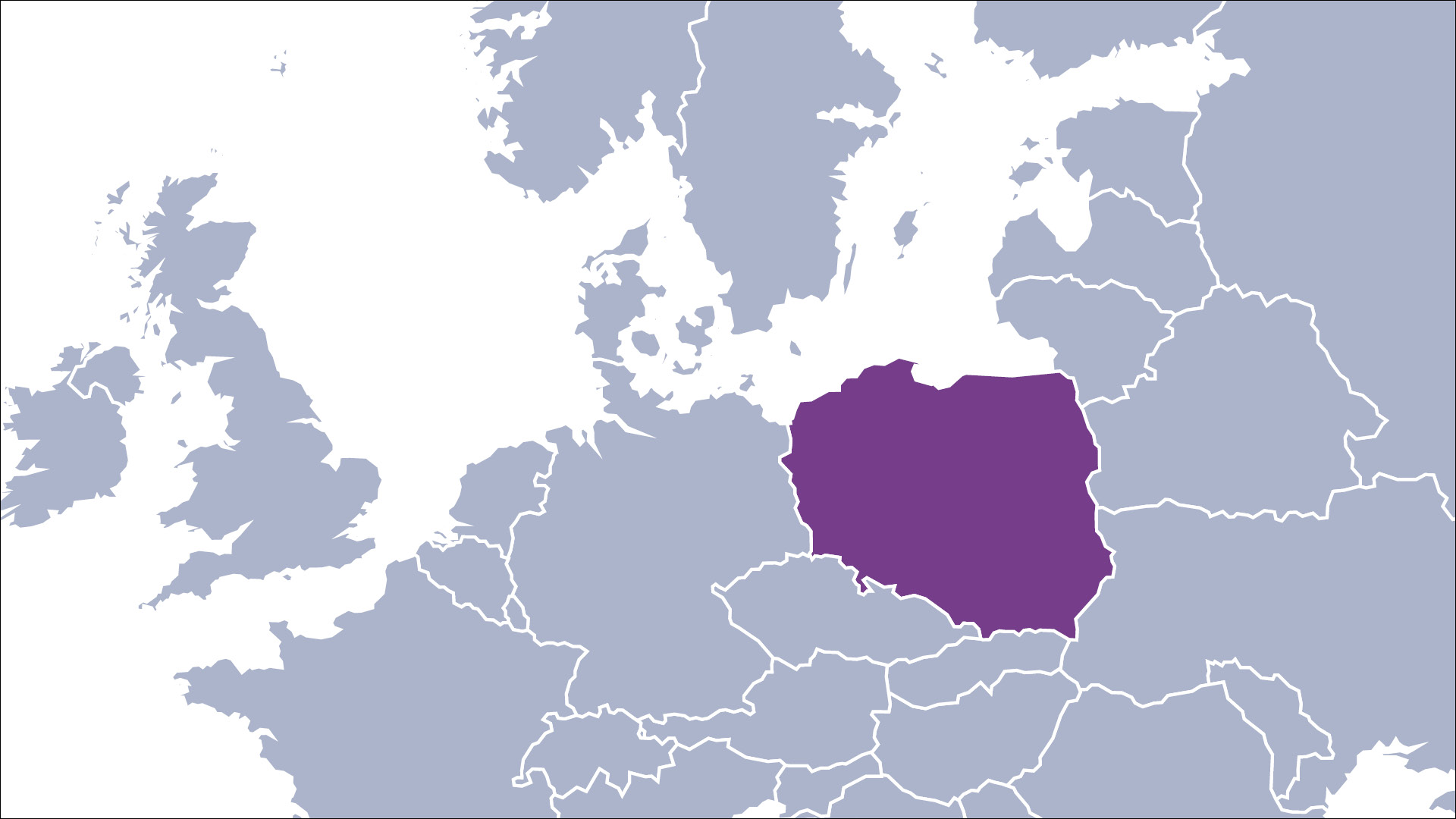This content is also available in: German
Poland
With growing pressure on its national energy system, which is still heavily coal-reliant, Poland could use the financial and political opportunities of the European Green Deal and more broadly the green transition to redefine its economic development paradigm.

Poland currently relies heavily on the use of coal for power generation and for heating homes. At the same time, Poland has one of the most vibrant economies in Europe with a strong industrial base. The transition to climate-neutrality requires significant social and economic change, but also offers many opportunities.
Poland has started far-reaching reforms of its energy sector and aims to gradually decarbonise its economy while ensuring continued security of supply, a socially just transition of coal regions, and continued affordable energy for its citizens and businesses.
Implementing of the European Union’s climate neutrality target for 2050, heavily supported from the EU budget, is seen in Poland as both a challenge and an opportunity. Poland’s power system is based mainly on an aging coal-fired fleet that will soon become uneconomical under a tightened EU emissions trading system (EU ETS). At the same time, Poland has excellent potential for renewable energies. The country is yet to develop a comprehensive transition plan that reflects rapidly growing demand for renewable energy in the power, heat, and industry sectors. A clear perspective for better integration into European energy markets could increase security of supply and facilitate the required rapid decrease of fossil fuel use within this decade.
Energy policy cooperation between Poland and Germany is very important, for example to strengthen security of supply or to exploit offshore wind in the Baltic Sea. Cooperation between Poland and Germany can also open significant policy opportunities at EU level. Agora Energiewende works, together with our partner Forum Energii, to enhance cooperation and dialogue between energy transition stakeholders in the two countries.



